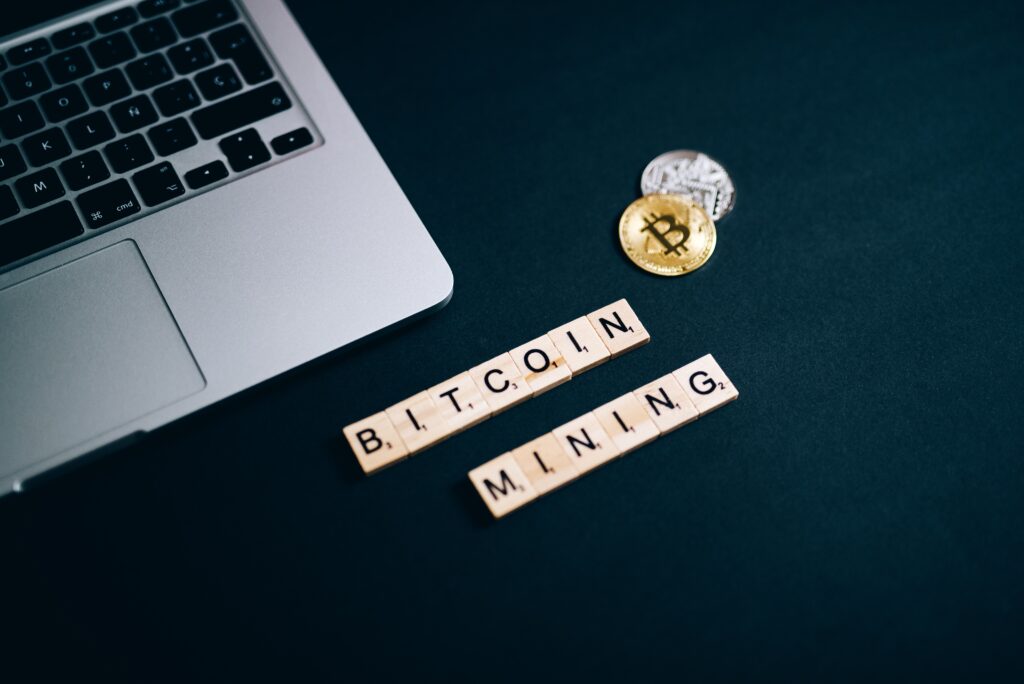The energy-intensive method by which coins are made has major environmental repercussions in the digital mining sector, just as it does in the mining sector. However, unlike the mining sector, the cryptocurrency sector may begin to change its business practices.
Here’s everything you need to understand about why bitcoin mining is untenable and what you can do about it immediately.
What is the impact of cryptocurrencies on the surroundings?
To comprehend the environmental consequences of cryptocurrencies, we must first comprehend how new coins are created. The blockchain depends on users to confirm payments and maintain the blockchain with fresh blocks of data because bitcoins are not supervised by the central body. These blockchains must be extremely difficult and expensive to validate in order to protect any bad actors seeking to misuse the new information. As a result, proof of work has been incorporated into the majority of cryptocurrencies.
Proof-of-work is indeed a consensus technique that enables users to validate bitcoin transactions by completing a difficult mathematical task. The transaction is validated and a predetermined amount of cryptocurrency is rewarded to the first individual who solves the problem. The cycle then repeats itself. It’s the most generally used method of reaching a consensus.
“The rivalry grows as more users mine more Bitcoin,” says Junior Theomou, CEO of Crushers DeFi, a Bitcoin mining startup that uses hydroelectric electricity. “As the number of devices on the market grows, mining Bitcoin becomes much more challenging. As a result, you now have a deal going on, with ever more machines mining and competing against one another.”
According to the University of Cambridge, Bitcoin produces 132.48 terawatt-hours (TWh) every year, easily surpassing Norway’s annual energy consumption of 123 TWh in 2020.
Is it true that all cryptocurrencies are harmful to the environment?
The consensus protocol is the most common way of validation, and it will most likely remain so for the foreseeable future. However, not all bitcoins are created via proof of work, hence they do not demand the same amount of computation or energy to manufacture as a proof of work currency.
Proof of stake: Hackers use the bitcoin they already possess to get access to mining interests proportional to the same coins they already control in this validation method. They keep their currencies locked away in order to construct a validator node that can validate a transaction. When a new block of data needs to be validated, the blockchain selects a validator node at randomly. If the block is verified by the validator, it can be added to the blockchain. They lose a few of the money they placed on the line if you try to add a block of incorrect information.
Though this method avoids the energy consumption difficulties that afflict proof of work, its been criticized for structural inequity, as those who have the most coins receive the most rewards. It’s also worth noting that purchasing the processing power required for proof of work mining is costly.























